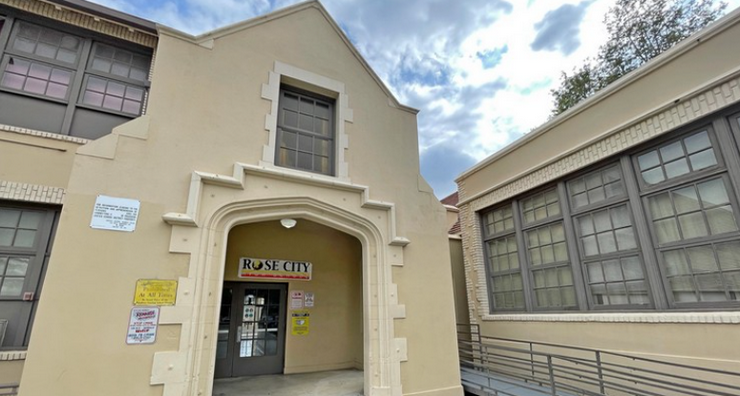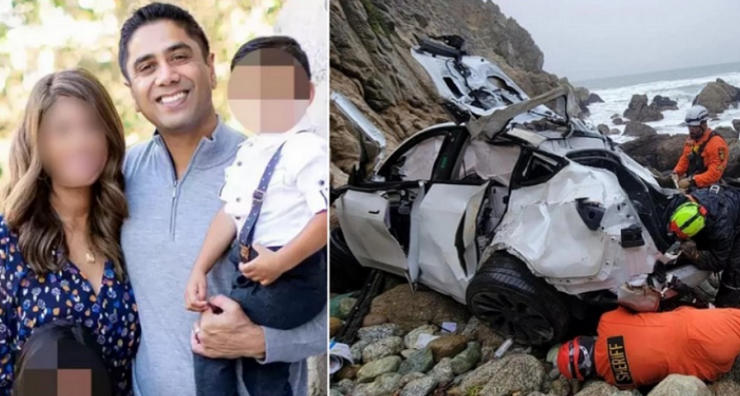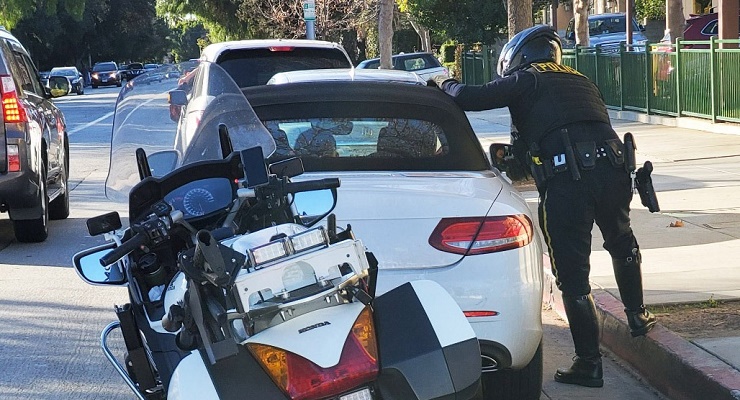
Local leaders reacted to the Supreme Court’s 5-4 decision to uphold the Trump administration’s public charge rule, giving U.S. officials the green light to implement a sweeping rule that critics warn will shut America’s doors to low-income immigrants and people of color.
The court ruled along party lines with conservatives backing the decision.
Under Public Charge, citizenship can be withheld from immigrants if the government deems them likely to rely on public benefits like Medicaid and Section 8 housing.
Pasadena Mayoral Candidate Victor Gordo said he had not read the opinion issued by the high court.
“We have a long history and tradition as Americans of helping neighbors, and people in their time of need, particularly children and families. We should not ever impose lifetime conditions simply because people express the need for medical services or food. That’s wrong. And it’s un-American.”
In October, a federal judge issued an injunction blocking the rule from going into effect and called it “repugnant to the American Dream.”
The Trump administration asked the Second Circuit Court of Appeals to lift the injunction but was rebuffed. The administration then took its effort to the high court, resulting in the ruling. The ruling does not apply to Illinois, which is covered by a separate injunction.
“For umpteen years nobody could come to the United States if they were going to become a public charge, period.” said Michael Alexander, who leads the local branch of the Tea Party.
“That’s been the law. Anybody who applied for a visa or for citizenship, immigration, whatever, has to establish that they will not be a public charge and they have to have a sponsor who will become responsible. That part of immigration law is intact. That’s why many conservatives like myself do not argue for comprehensive immigration reform. We argue for comprehensive immigration enforcement. If we just merely enforce the existing laws on the books, we will go a long ways.”
Public charge dates back to 1882, when the US was hoping to stop immigration from developing, non-white countries. The year it was first codified, the U.S. also enacted the blatantly discriminatory Chinese Exclusion Act, which barred the entry of most Chinese immigrants on the premise that they jeopardized “the good order of certain localities.”
The Clinton administration later issued guidance saying only cash benefits could be considered when determining whether an immigrant might be a “public charge.”
The Trump administration’s policy substantially expands this term by broadening the type and amount of benefits that count against immigrants seeking to stay in or move to the US. Supplemental Nutrition Assistance Program (SNAP), certain federally funded Medicaid benefits, and a variety of forms of government-subsidized housing, including Section 8 vouchers, now could lead to immigrants being considered a public charge and deny the application if they determine he or she is more likely than not to use one of the considered benefits for 12 months or longer over the span of three years. On certain occasions, those deemed a “public charge” could post a bond for an amount no less than $8,100.
“I don’t think there is going to be a long term effect,” said Yuny Parada. “As soon as we get somebody else elected in the White House we will be changing all of these issues. I don’t think that [4:00] we are going to be keeping Republicans or conservatives too much longer in the white house. So I don’t think that is going to be a long term problem because anything that one person can do, the other one can [undo.]”
To determine whether prospective immigrants are likely to become a “public charge,” caseworkers would also take into account their wealth, age, educational skills, English language proficiency and health. Since those expected to be affected by the rule are not eligible for most public benefits because they aren’t U.S. citizens or permanent residents, critics of the regulation say it is designed to severely restrict immigration based on those factors.
















